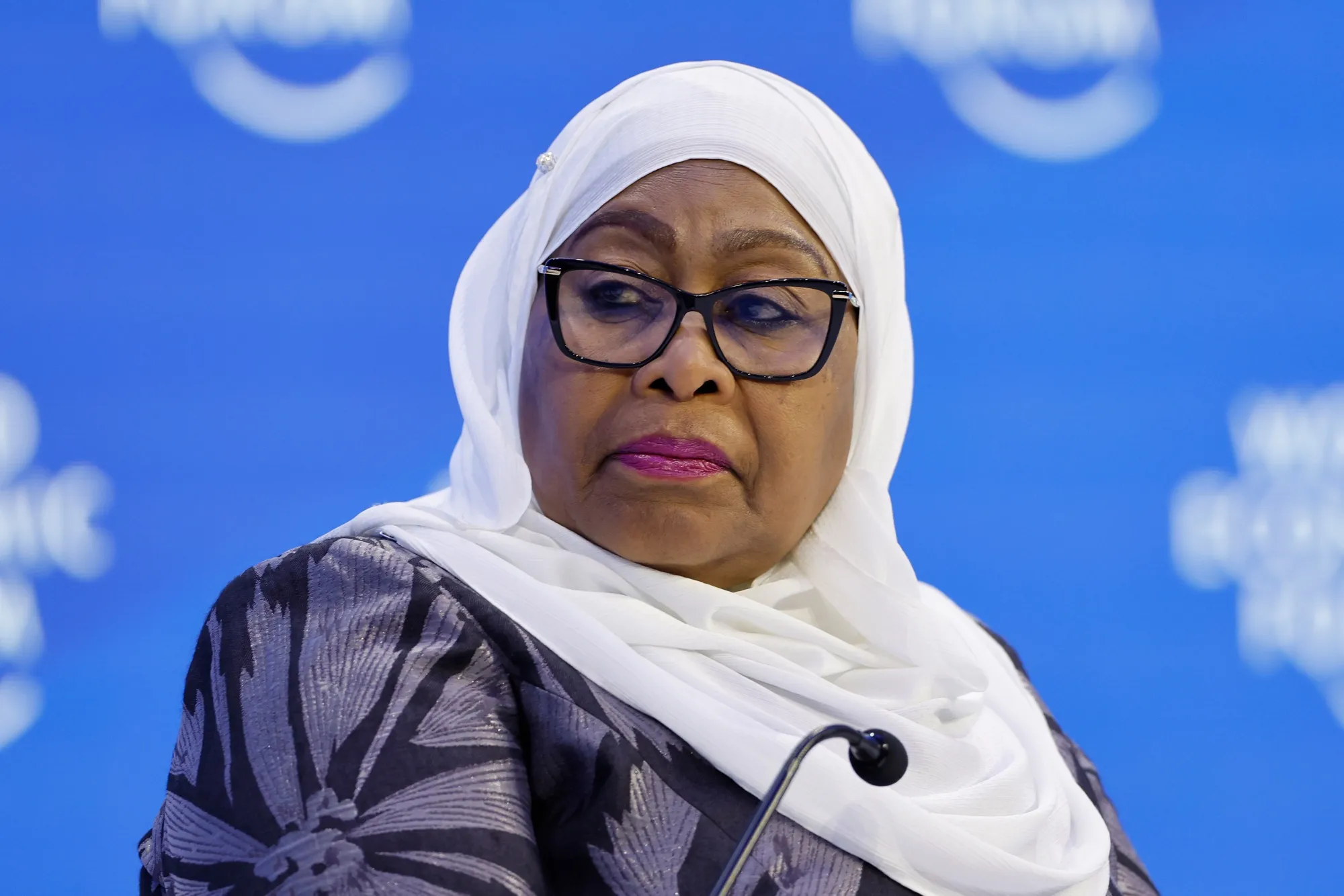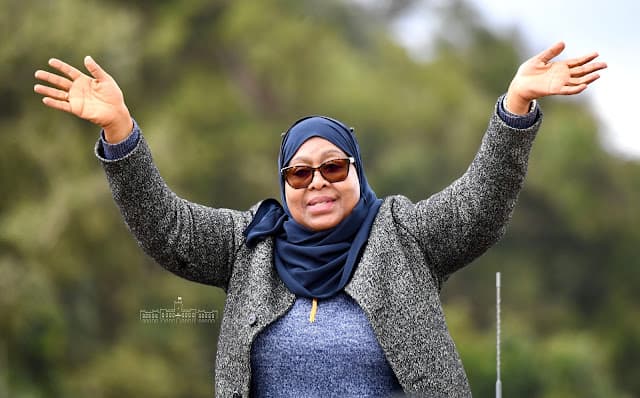Tanzania’s President Samia Suluhu Emerges as Strong Contender Ahead of Elections

Tanzania’s President Samia Suluhu Hassan is increasingly being viewed as a strong contender ahead of the country’s next general elections. Since assuming office in 2021 following the death of her predecessor John Magufuli, she has sought to recalibrate Tanzania’s political direction and global image, striking a markedly different tone from the combative approach of the past.
One of her first priorities was restoring international confidence. Within months of taking office, she embarked on a charm offensive with regional neighbours, international investors and global institutions. This has helped rebuild trust in Tanzania’s economic potential and placed the country back on the radar of major development partners. Foreign investment, particularly in tourism and energy, has shown renewed momentum, even as domestic challenges persist.

Her government has also focused on infrastructure expansion and broader economic reform, pledging to make Tanzania more competitive in the region. While unemployment and the rising cost of living remain concerns, her pragmatic approach has been welcomed by businesses and observers who see it as a departure from the isolationist tendencies of the previous administration.
At home, President Samia has cautiously opened political space. She lifted bans on some newspapers, permitted opposition rallies and engaged in dialogue with rivals. These moves have been interpreted as early steps towards rebuilding democratic practices in a country often criticised for its restrictions on political activity. Supporters say this willingness to accommodate dissent has made her leadership appear more inclusive and conciliatory.
As Tanzania’s first female president, she has also broken political ground in a region where women leaders are still rare. Her calm and measured style has stood in contrast to her predecessor’s often confrontational methods, earning her praise as a unifying figure across different constituencies.
Challenges remain, however. Critics argue that political reforms have not gone far enough and that the ruling Chama Cha Mapinduzi (CCM) party continues to dominate the political space. Persistent economic inequality, coupled with frustrations among Tanzania’s youth, could also shape voter sentiment in the coming election cycle.

Beyond Tanzania’s borders, President Samia has emerged as a respected regional voice, particularly within the East African Community. Her involvement in regional integration efforts and mediation roles has further raised her profile as a stateswoman and reinforced her reputation as a leader capable of balancing diplomacy with domestic priorities.
Her growing popularity reflects a blend of political pragmatism, economic reform and an effort to soften Tanzania’s political climate. Whether this trajectory will be enough to secure her electoral success remains to be seen, but many analysts believe Samia Suluhu Hassan has already established herself as one of the most consequential leaders in East Africa today.
